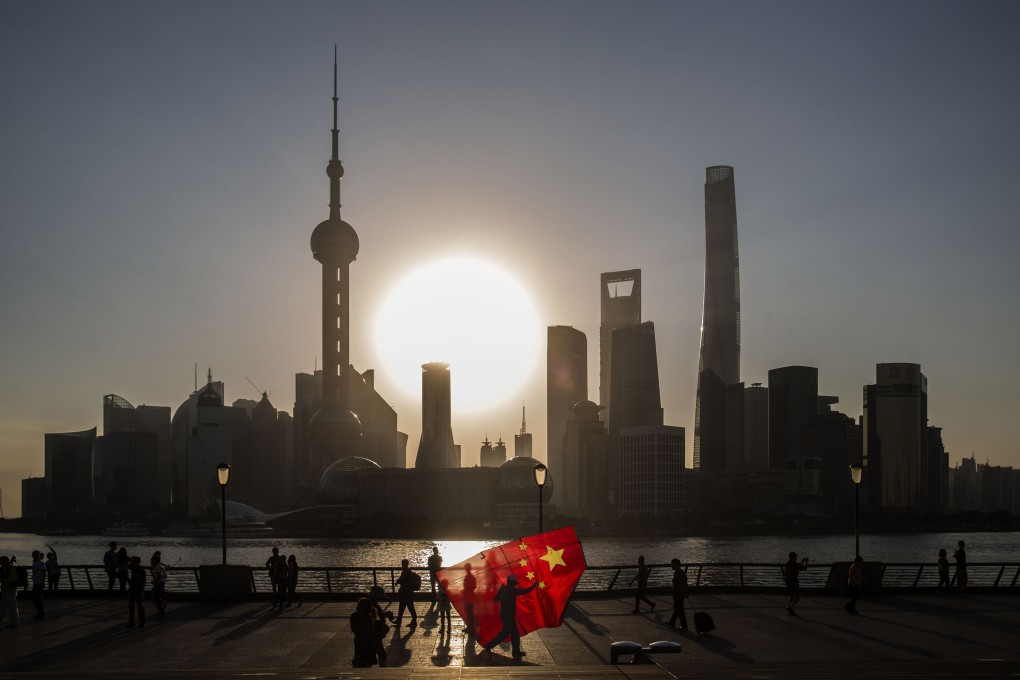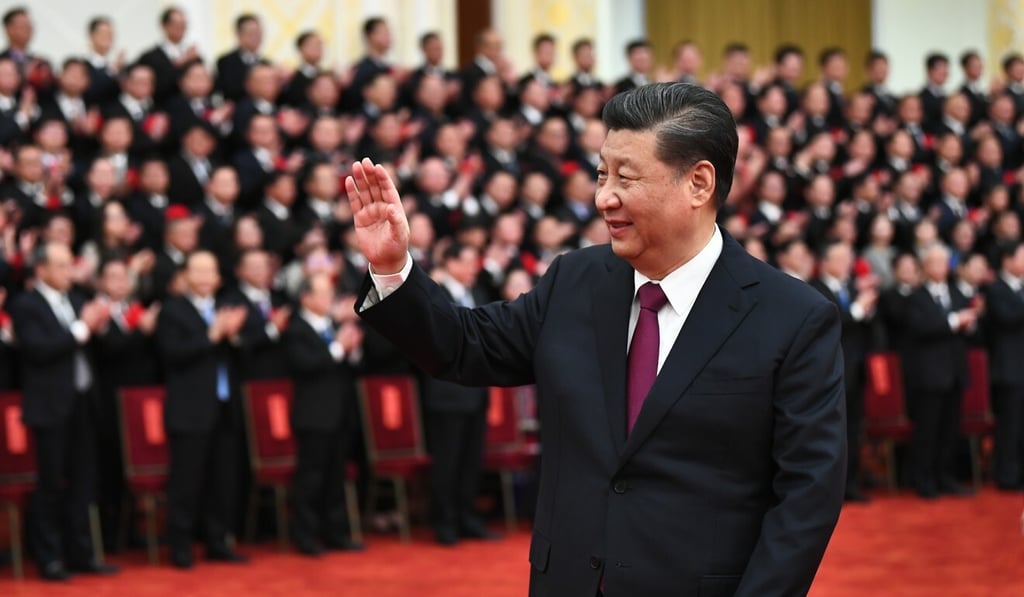Editorial | Ruling elite gathers at pivotal moment for China’s development
- ‘Two sessions’ has to come up with policies that convince people at home and abroad the Beijing leadership can take country to the next level

Even by the historical precedents set by previous annual “two sessions” gatherings of China’s ruling elite, the event beginning on Thursday will be politically very important.
Looking back, it is framed by pivotal dates in the nation’s history – the Chinese Communist Party’s centenary, the 50th anniversary of the CCP-ruled People’s Republic joining the United Nations and the 20th anniversary of its entry to the World Trade Organization.
Looking forward, it will be defined by a longer-term economic strategy that could shape President Xi Jinping’s legacy and the party’s position in the country’s history.
Xi has already laid down a 15-year vision for China that will help shape the next five-year plan. Its significance cannot be overestimated because China is on the threshold of another pivotal moment in its development, having risen over the past three decades from an impoverished agricultural economy to a relatively developed one.

There is no historical model for a country of China’s size having successfully transformed from a rural to a fully industrialised economy, the closest example being Japan. If China can pull it off, it will be a revolutionary achievement.
The two sessions has to lay out a vision that convinces the people the leadership can take China to the next level. Coming policy announcements will be closely watched for further details of how Beijing intends to do that, but it is already a given that it will have to continue upgrading its economy and shifting from low-cost manufacturing to hi-tech.
